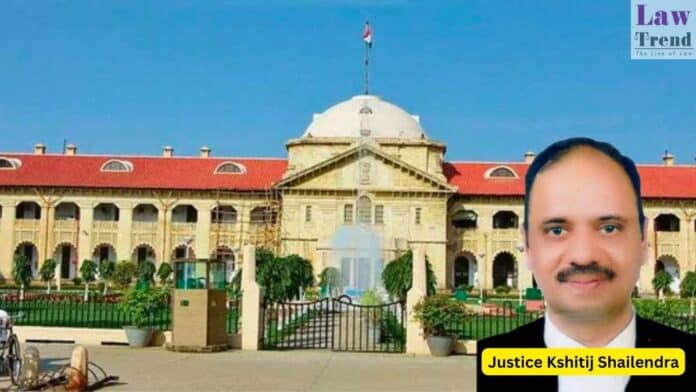In a stern rebuke against procedural impropriety, the Allahabad High Court has condemned the unauthorized conversion of a Second Appeal into a First Appeal From Order (FAFO) without explicit judicial permission. Justice Kshitij Shailendra, while hearing FAFO No. 2307 of 2024, emphasized that court staff must adhere strictly to judicial processes and avoid unilateral changes
To Read More Please Subscribe to VIP Membership for Unlimited Access to All the Articles, Download Available Copies of Judgments/Order, Acess to Central/State Bare Acts, Advertisement Free Content, Access to More than 4000 Legal Drafts( Readymade Editable Formats of Suits, Petitions, Writs, Legal Notices, Divorce Petitions, 138 Notices, Bail Applications etc.) in Hindi and English.




